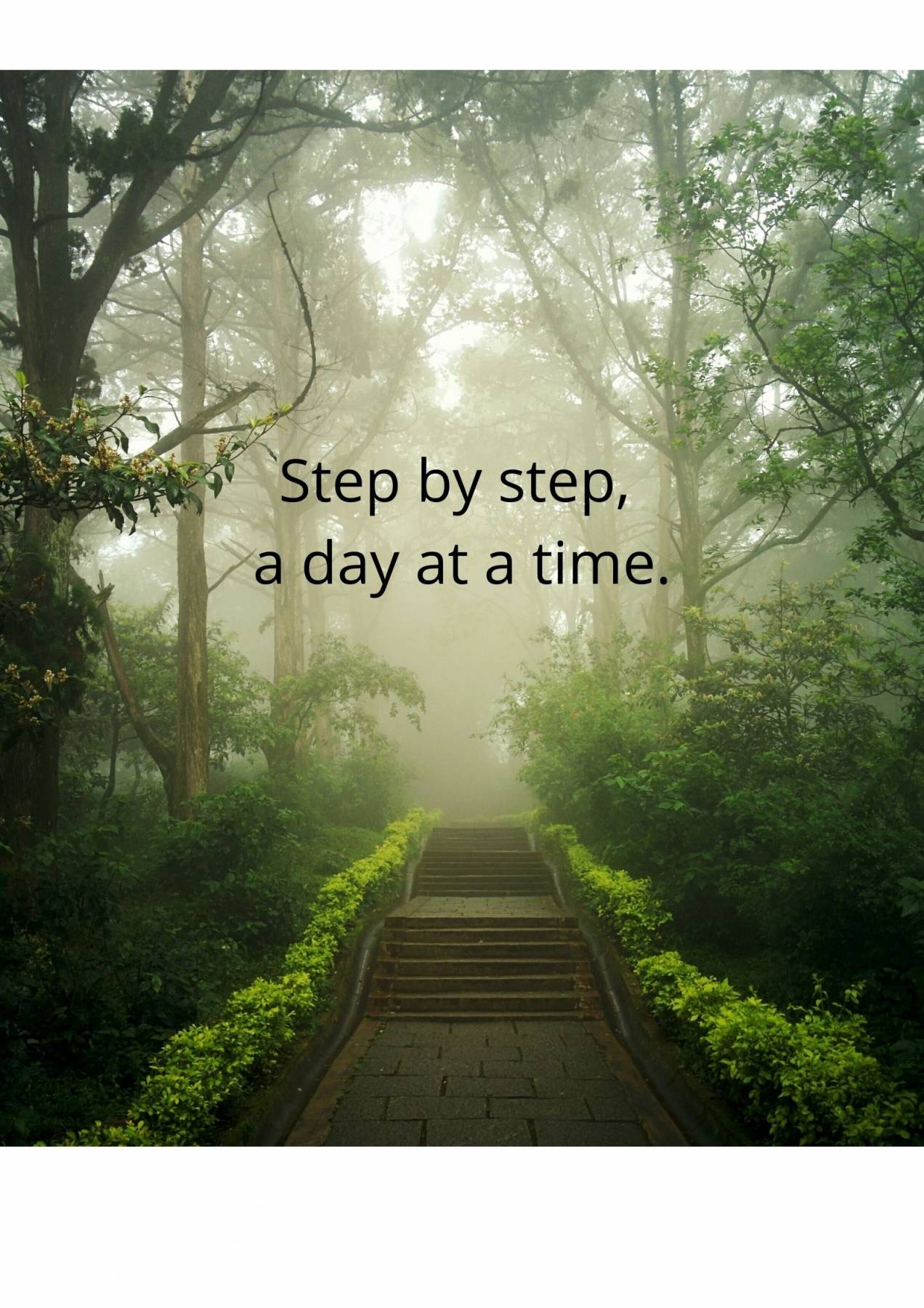Consistency
Why is this important? If you do something for long enough it becomes a habit, whether beneficial or not. Think about it for a moment though:
If you’ve bitten your nails for years with no real benefit in doing so then it can be hard to break that habit. It’s hard to break the habit because you have consistently done the same thing over and over again most likely without questioning why and what’s it for.
If we more to something with a bit more substance now:
You put your self down or you let other people put you down and you haven’t questioned why or taken action then you have consistently exposed yourself to negative comments whether these are your own or someone else’s. It’s probable that you really don’t like yourself, struggle with low self-confidence or find yourself craving affection or attention and sometimes even negative attention will soothe that ache temporarily.
Does this sound familiar?
If so, I’d like to encourage you to consider your needs. What do you need in your life:
- to survive/ to access basic human needs,
- to feel safe,
- to feel connection and belonging,
- to experience and create self-esteem,
- to take action/ to change, and
- to be able to reflect, process and make further changes if things move away from your goal(s)
These questions reflect Maslow’s Hierarchy of Needs and they are important questions to help you identify where you are struggling or where your issues lie. Once you have identified the problematic stage(s) then you can decide how to take action with consistent small changes in behaviour.
If we take the example about exposing yourself to your own negative self-talk or ‘your inner critic,’ then it’s likely you have some problems in either connection/ belonging, safety and self-esteem.
Taking action in safety mode may be around making sure you feel safe in your own home, out and about or in the workplace, socialising only with people you like and are supportive of you or can offer constructive and helpful feedback should you need it.
Taking action in connection/ belonging mode can be an extension of the first action- by engaging with like-minded or supportive people who are compassionate, caring and empathetic, this helps to remove external negative criticism and leaves you with your own words about yourself. You may struggle to hear or accept compliments- but by saying ‘Thank you,’ instead of shunning it you can learn to accept compliments in time. By focusing on what you do that makes you happy and being aware of it can also increase your self-esteem and confidence. If you look hard enough, you’ll realise you do many nice, good and happy things each day but you are so busy looking for evidence that you are an awful person that you miss the more beneficial aspects of your day. This is where consistency comes back into play. If you can identify the area where you are stuck or struggling, decide on an action and then carry out this action everyday then you can unpick the negative habit of pulling yourself apart each day and flip it around to rebuilding yourself and improving your relationship with you. It takes small changes but the effort lies in making sure you do them each day; consistently with positive change in mind.
Don’t stay stuck, take action today.
Photo by Sebin Thomas on Unsplash

Add Comment